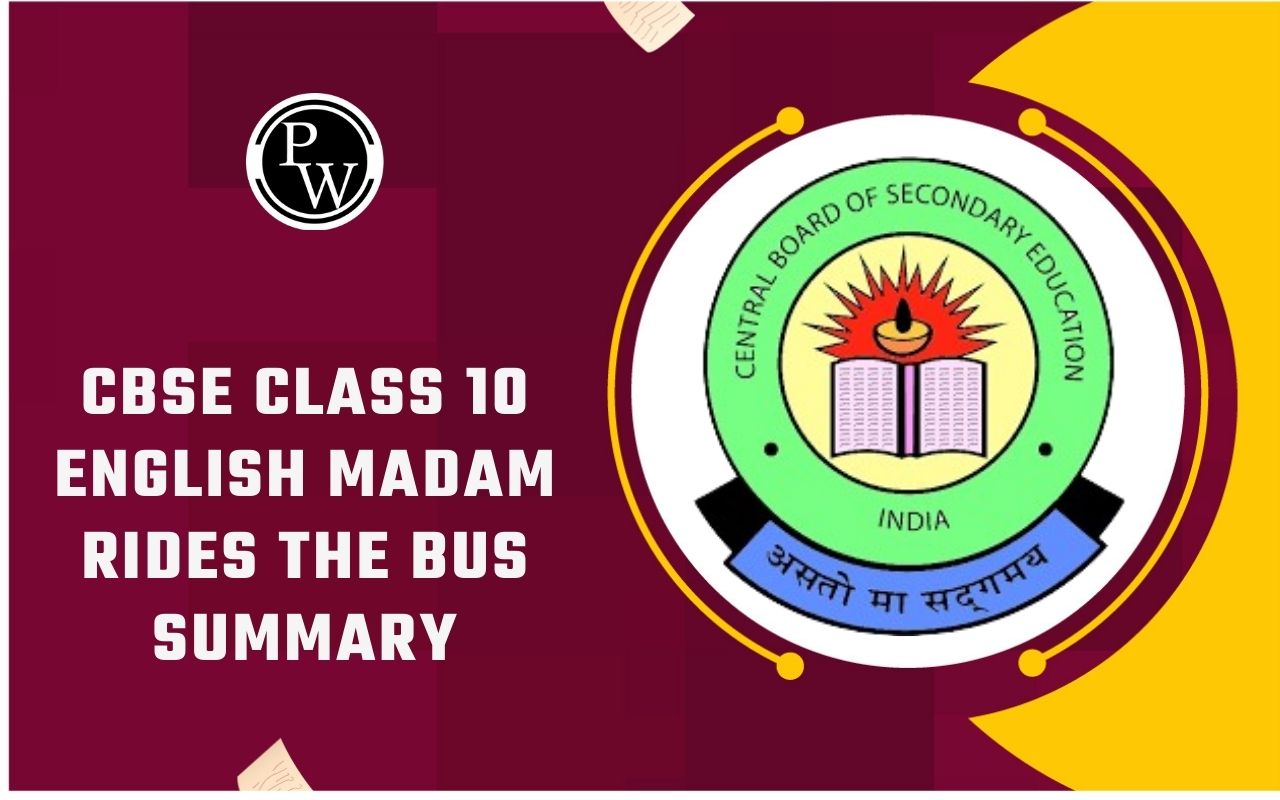
UP Board Class 11 Chemistry Syllabus: The secondary and higher secondary class syllabuses are released annually by the Uttar Pradesh Madhyamik Shiksha Parishad (UPMSP) to provide an organised and uniform curriculum throughout schools. The subject-wise syllabus is essential for students to plan their study and ensure they thoroughly learn all relevant material.
We have included the complete Chemistry curriculum for UP Board Class 11 in this article. The syllabus gives comprehensive details about the course material, unit-by-unit weighting distribution, format of the question paper, and grading system for the UPMSP Class 11 Chemistry Exam 2025. In order to prepare students for further study in this subject, the UP Board Class 11 Chemistry syllabus is designed to give them a strong foundation in both the theoretical and practical parts of chemistry. You may download the UP Board Class 11 Chemistry Syllabus in PDF format for free from this link. To grasp the main ideas and plan their study time effectively, students must carefully review and evaluate the syllabus.UP Board Class 11 Chemistry Syllabus 2024-2025
The UP Board Class 11 Chemistry syllabus for the academic year 2024-2025 is designed to give students a comprehensive foundation in chemical principles. The syllabus is divided into three main sections: Physical Chemistry, Inorganic Chemistry, and Organic Chemistry. In Physical Chemistry, students will explore topics like atomic structure, chemical bonding, states of matter, and thermodynamics. It also includes topics like equilibrium, redox reactions, and the mole concept, which form the core of chemical calculations and problem-solving. Inorganic Chemistry focuses on the periodic table and its trends, covering topics such as the classification of elements, periodicity in properties, and the hydrogen element. Students will also study p-block and s-block elements along with environmental chemistry, which discusses pollution and sustainable development. Organic Chemistry introduces basic concepts like hydrocarbons, alkanes, alkenes, alkynes, and functional groups. Students will learn about the structure, naming conventions, reactions, and mechanisms of organic compounds. This syllabus is aimed at building a solid base for students who will pursue Chemistry in higher studies and lays the groundwork for competitive exams.UP Board Class 11 Chemistry Syllabus Overview
Below we have provided an overview of the UP Board Class 11 Chemistry Syllabus -|
UP Board Class 11 Chemistry Syllabus Overview |
|
| Organization | Uttar Pradesh Madhyamik Shiksha Parishad (UPMSP) |
| Class | 11th |
| Syllabus | UP Board Class 11 Chemistry Syllabus |
| Official website | upmsp.edu.in |
UP Board Class 11 Chemistry Syllabus PDF Download
To download the UP Board Class 11 Chemistry Syllabus PDF for the 2024-2025 academic year, students can use this direct link provided below. Having the syllabus in PDF format allows students to plan their studies effectively, keep track of important topics, and ensure they are aligned with the board's curriculum throughout the year.UP Board Class 11 Chemistry Syllabus PDF Download
UP Board Class 11 Chemistry Unit-Wise Weightage (2024-25)
The unit-by-unit mark distribution for the 2025 UP Board Class 11 Chemistry Exam is shown below.|
UP Board Class 11 Chemistry Unit-Wise Weightage (2024-25) |
||
| Unit No. | Unit Name | Marks |
| 1. | Some Basic Concepts of Chemistry | 07 |
| 2. | Structure of Atom | 08 |
| 3. | Classification of Elements and Periodicity in Properties | 07 |
| 4. | Chemical Bonding and Molecular Structure | 07 |
| 5. | Thermodynamics | 06 |
| 6. | Equilibrium | 08 |
| 7. | Redox Reactions | 07 |
| 8. | Organic Chemistry: Some basic Principles and Techniques | 10 |
| 9. | Hydrocarbons | 10 |
| Total | 70 | |
UP Board Class 11 Chemistry Paper Pattern
Below we have provided UP Board Class 11 Chemistry Paper Pattern -|
UP Board Class 11 Chemistry Paper Pattern |
|||
| 1 | Multiple Choice Questions क, ख, ग, घ, ङ, च | 1X6 | 06 |
| 2 | क, ख, ग, घ (Each Question 2 Marks) | 2X4 | 08 |
| 3 | क, ख, ग, घ (Each Question 2 Marks) | 2X4 | 08 |
| 4 | क, ख, ग, घ (Each Question 3 Marks) | 3X4 | 12 |
| 5 | क, ख, ग, घ (Each Question 4 Marks) | 4X4 | 16 |
| 6 | क, ख (Each Question 5 Marks) | 5X2 | 10 |
| 7 | क, ख (Each Question 5 Marks) | 5X2 | 10 |
| Total | 70 | ||
Preparation Tips for UP Board Class 11 Chemistry Syllabus
Preparing for the UP Board Class 11 Chemistry syllabus requires a structured approach and consistent effort. Here are some effective preparation tips to help you succeed: 1. Understand the SyllabusFamiliarize yourself with the syllabus : Before you begin studying, carefully go through the entire Chemistry syllabus. Understand the weightage of each unit and allocate your time accordingly.
2. Follow a Study PlanCreate a timetable : Allocate time for each unit of Physical, Inorganic, and Organic Chemistry. Ensure you cover every topic and leave time for revision.
Set daily and weekly goals : Break down the syllabus into manageable chunks and complete them systematically.
3. Focus on ConceptsMaster basic concepts : Chemistry is concept-driven. Make sure you thoroughly understand the basics of atomic structure, chemical bonding, periodicity, and stoichiometry.
Practice numerical problems : For units like thermodynamics, equilibrium, and redox reactions, practice numerical problems daily.
4. Regular RevisionRevise frequently : Revisit important topics regularly, especially those you find difficult, to reinforce your learning.
Make concise notes : Write down key formulas, reactions, and concepts. This will help you quickly review important points during exams.
5. Solve Previous Years' PapersPractice past papers : Solving previous years' UP Board question papers will help you understand the exam pattern, types of questions, and marking scheme.
Work on sample papers : Try solving mock tests and sample papers to assess your preparation.
6. Understand Organic ChemistryMemorize organic reactions : Organic Chemistry requires remembering reactions, mechanisms, and conversions. Use flashcards or diagrams to make this easier.
Practice naming compounds : Ensure you're well-versed with the IUPAC naming conventions for hydrocarbons and other organic compounds.
UP Board Class 11 Chemistry Syllabus FAQs
What is the weightage of different sections in the UP Board Class 11 Chemistry syllabus?
Which book is recommended for UP Board Class 11 Chemistry?
Are numerical problems important in the Class 11 Chemistry exam?
How can I score well in Organic Chemistry?
What is the role of practicals in the Class 11 Chemistry syllabus?










